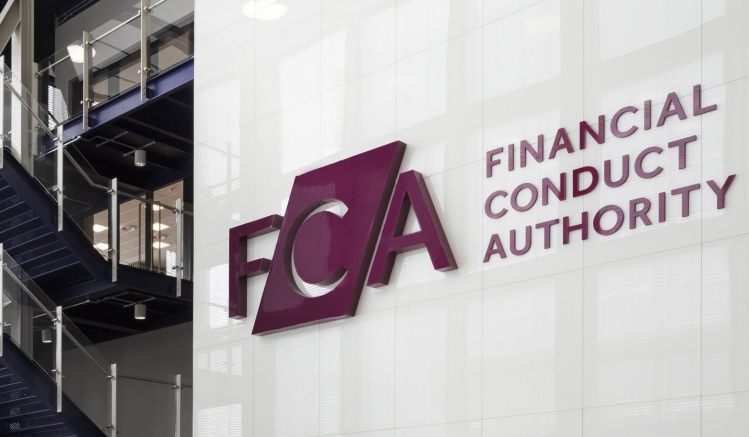The Financial Transactions and Reports Analysis Centre of Canada (FINTRAC), a financial intelligence unit that ensure compliance with anti-money laundering (AML) and anti-terrorist financing regulations, has issued a C$600,000 fine against the First Nations Bank of Canada (FNBC) for noncompliance with the Proceeds of Crime (Money Laundering) and Terrorist Financing Act.
No room for gaps
A FINTRAC investigation uncovered compliance gaps in FNBC’s monitoring and reporting, with violations including a failure to conduct ongoing monitoring of business relationships. In addition, the firm failed to submit suspicious transaction reports (in instances where there was basis to suspect questionable activity), maintain written compliance policies, and assess the risk of offenses.
Specifically, FBNC failed to submit these suspicious transaction reports in 31% of cases, or 5 out of the 16 reviewed by FINTRAC, when there was substantial information to suggest that one or more transactions were “related to the commission or attempted commission of an AML or terrorist activity financing offence.”
In its regulatory notice, FINTRAC stated that this transaction reporting is core to the regulator’s financial intelligence gathering, providing actionable information that supports its ability to investigate and deter financial crime. Firms are expected to maintain regular records and conduct ongoing monitoring of high-risk situations to support this mission:
“[Reporting entities] are required under the Proceeds of Crime (Money Laundering) and Terrorist Financing Act to keep certain records, identify clients, maintain a compliance regime and report certain financial transactions to FINTRAC.”
This isn’t the first penalty on AML grounds levied by FINTRAC in recent years – in December 2024, it imposed a C$2.5 million administrative monetary penalty against the Exchange Bank of Canada for similar violations. From 2024 to 2025, the agency issued 23 non-compliance notices stated to be “the largest number in one year in the Centre’s history, for a total of more than C$25 million,” underscoring the intensifying fight against financial crime.
What is the Proceeds of Crime (Money Laundering) and Terrorist Financing Act?
The Proceeds of Crime (Money Laundering) and Terrorist Financing Act was set out to mitigate AML offenses and the financing of terrorist activities utilizing the proceeds of crime by establishing requirements around recordkeeping, client identification, and logging suspicious transaction reports.
This Act also aims to support Canada’s international commitments to fight against transnational crime, specifically related to AML and terrorist activities, and enhances capacities to protect the Canadian financial system.
Monitor, report, deter, repeat
Aligning with other financial regulators, FINTRAC has highlighted collaboration as a core strategy in deterring financial crime and protecting market integrity. In November 2025, Sarah Paquet, Director and CEO of FINTRAC, emphasized this point:
“Collaboration is critical to our success and an overarching priority in everything that we do. We work closely with businesses, their associations and provincial and national regulators to ensure compliance with our Act.”
The Canadian government is also taking steps to combat financial crime and protect investors by establishing a new Financial Crimes Agency. François-Philippe Champagne, Minister of Finance and National Revenue, underlined the need for action in response to the rapidly advancing fraud tactics:
“Fraud and financial crime are evolving rapidly, and so must our response…we are taking bold steps to protect Canadians—especially those most at risk—from exploitation and abuse.”
In addition, international regulators like the U.S. Department of Justice (DOJ) and Financial Conduct Authority (FCA) in the U.K. have emphasized the growing concentration on financial crime deterrence over the past year and outlined the role firms play in reducing fraud risk.
The DOJ’s revised Corporate Enforcement Policy encourages firms to self-report instances of financial crime to the regulator to potentially mitigate financial or enforcement penalties. The FCA has identified financial crime as a major market issue and encouraged firms to join forces with regulators in combatting it.
Stay on the right FINTRAC
Regulators continue to emphasize the importance of comprehensive compliance policies, including communications monitoring systems, to ensure firms are well-equipped to identify misconduct, such as insider trading or manipulative market movement. In addition, communications supervision can isolate instances of non-financial misconduct, which can often be an indicator of underlying financial risk.
Recent enforcements from FINTRAC, among others, have made one thing abundantly clear: the oversight of business activity, and thereby the communications between parties in conducting business, is critical to identifying misconduct and the warning signs of financial crime. By catching and escalating risky behavior early on, firms can help regulators to prevent cases from becoming more serious.
With Canadian regulators scaling up efforts to tackle financial crime, firms can ensure they’re on the right side of regulation by implementing communications monitoring systems to preemptively spot and report suspicious activity.




